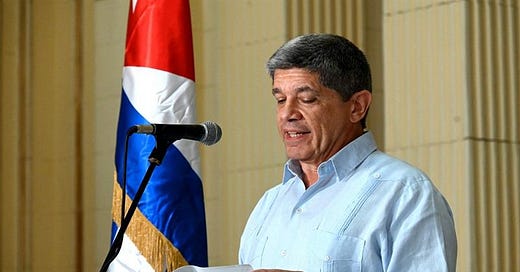Since the late 1940s, the United States of America has had a structurally induced tendency to fabricate threats and enemies. At that fateful time, the Cold War ideology was constructed as a justification for the militarization of the economy and society and for a permanent war economy, which made the nation overly dependent on its arms industry. It was a quick fix, but in the long run unwise, to the problem of the difficulties in reconverting the national economy to a peacetime economy following World War II. The wiser road would have involved world leadership in creative strategies of investment in industries central to peacetime economies in a politically stable post-colonial world-system. The erroneous turn in policy was constructed on a false premise, in that the Soviet Union was not oriented to global domination but to a peaceful coexistence with the West that included the security of its western borders, which had been overrun for the third time in 150 years by the Nazi…
© 2025 Charles McKelvey
Substack is the home for great culture


